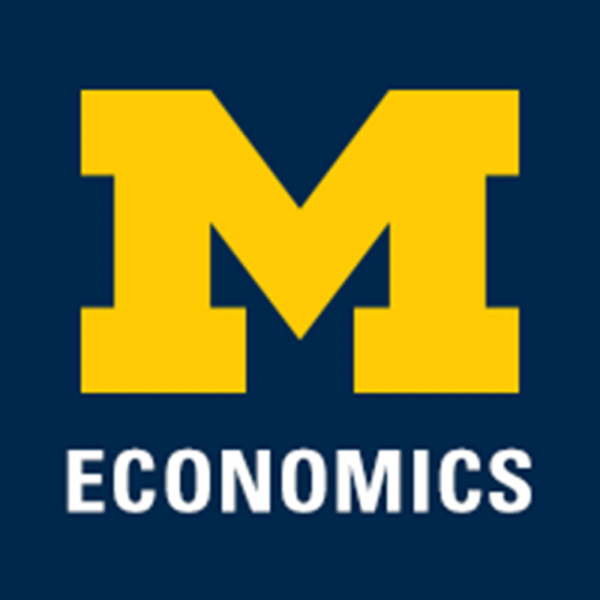Social, Behavioral & Experimental Economics (SBEE): When News gets Negative: The Evolution of Content in the Successive Re-telling of Events
Robert Meyer, University of Pennsylvania
Abstract:
What happens to the fidelity of news when it is retold? This question has drawn increased attention in recent years because of the rise of social media, where news often takes the form of second-or-third-hand retellings of original source material. As such, it has been widely blamed for the proliferation of of “fake news”. In this research I report the findings of three large-scale experiments on how the substantive characteristics of news changes over multiple waves of written re-summarization by different agents. We offer evidence that when news events are successively re-summarized they are not prone to exaggeration or fabrication of facts, but rather a unique pattern of distortion that we refer to as disagreeable personalization: as details of the original event vanish, the vacuum is filled by highly subjective, personalized interpretations of news that are laced with negatively slanted expressions of opinion. This evolution toward disagreeable personalization is found to be quite robust, observed even when writers are given the goal to be as accurate as possible when retelling original events. We find that this dynamic arises from a linguistic diffusion process in which injections of opinion by one writer in a chain is mimicked by the next, with negativity having a greater evolutionary survival value than positivity.
What happens to the fidelity of news when it is retold? This question has drawn increased attention in recent years because of the rise of social media, where news often takes the form of second-or-third-hand retellings of original source material. As such, it has been widely blamed for the proliferation of of “fake news”. In this research I report the findings of three large-scale experiments on how the substantive characteristics of news changes over multiple waves of written re-summarization by different agents. We offer evidence that when news events are successively re-summarized they are not prone to exaggeration or fabrication of facts, but rather a unique pattern of distortion that we refer to as disagreeable personalization: as details of the original event vanish, the vacuum is filled by highly subjective, personalized interpretations of news that are laced with negatively slanted expressions of opinion. This evolution toward disagreeable personalization is found to be quite robust, observed even when writers are given the goal to be as accurate as possible when retelling original events. We find that this dynamic arises from a linguistic diffusion process in which injections of opinion by one writer in a chain is mimicked by the next, with negativity having a greater evolutionary survival value than positivity.
| Building: | Ross School of Business |
|---|---|
| Event Type: | Workshop / Seminar |
| Tags: | Economics, seminar |
| Source: | Happening @ Michigan from Social, Behavioral, and Experimental Economics (SBEE), Department of Economics, Department of Economics Seminars |


